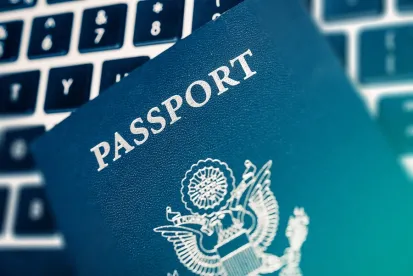In the aftermath of the April 2017 H-1B visa lottery, employers and their prospective foreign-national employees may consider other lesser-known work visa options. The O-1B visa for “distinction” in the arts, motion picture or television industry is one such option.
O-1 visas are nonimmigrant visas for individuals who possess extraordinary ability in several different categories, including the sciences, arts, education, business, athletics, and motion pictures and television. The O-1B visa category is specifically reserved for individuals with an extraordinary ability in the arts or extraordinary achievement in the motion picture or television industry.
Eligibility
Qualifying for extraordinary ability in the field of arts requires distinction. To demonstrate distinction, the beneficiary must have a high level of achievement evidenced by a degree of skill and recognition substantially above what is ordinarily encountered; i.e. the beneficiary is considered prominent to the point of being renowned or a leader in the field of arts.
The arts include any field of creative activity or endeavor, such as fine arts, visual arts, culinary arts and performing arts. The applicant can be the principal creator and performer or another essential person in the process, such as the director, set designer, lighting designer, sound designer, choreographer, conductor, etc. The O-1B is a particularly viable work visa strategy for digital artists, graphic designers, media technicians, performers and others possessing a portfolio of visual accomplishments.
Process
In addition to filing Form I-129, the O-1B application must be submitted with the following evidence:
-
Evidence that the beneficiary has received, or been nominated for, a significant national or international award or prize; or
-
Evidence that the beneficiary meets at least three of the following criteria:
-
Performed as a lead or starring participant in distinguished productions or events;
-
Achieved national or international recognition, as shown by critical reviews or other published materials;
-
Performed in a lead, starring or critical role for organizations and establishments that have a distinguished reputation;
-
A record of major commercial or critically acclaimed successes;
-
Received significant recognition for achievements from organizations, critics, government agencies or recognized experts in the relevant field;
-
A high salary or substantial remuneration for services in relation to others in the field; or
-
-
If the above criteria do not readily apply, comparable evidence may be submitted with the application to establish the beneficiary’s eligibility.
Once the visa petition is approved by USCIS, the beneficiary can apply for the visa at a U.S. embassy or consulate. If the petition is approved, USCIS will grant an initial period of stay of up to three years. USCIS will determine the time necessary to accomplish the initial event or activity in increments of up to one year. The beneficiary can be admitted up to 10 days before the validity period beings and can leave up to 10 days after the validity period ends.




 />i
/>i
